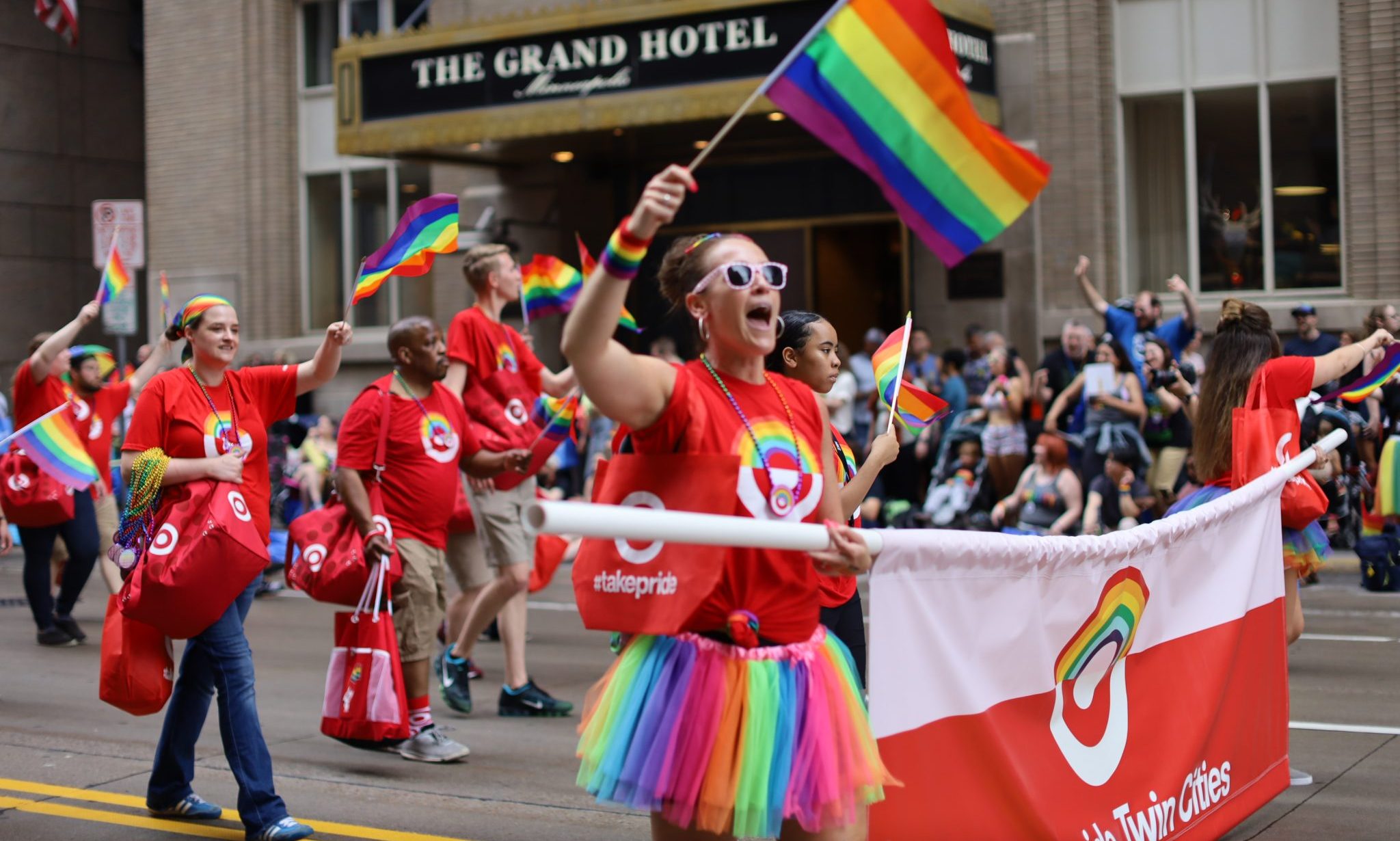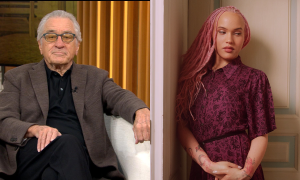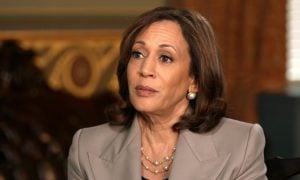Retail giant Target is facing mounting criticism, including calls for a boycott, after announcing it would scale back some of its diversity, equity, and inclusion (DEI) programs. The backlash comes after the company revealed plans to eliminate hiring goals for minority employees and disband an executive committee dedicated to racial justice.
The announcement, made just four days after President Donald Trump’s inauguration, has ignited anger, particularly from civil rights leaders and activists. The company emphasized the importance of “staying in step with the evolving external landscape,” a reference to the shifting political environment under the new Republican administration, which has frequently criticized DEI initiatives.
Since taking office, Trump has signed several executive orders aimed at curbing DEI efforts across the country. Among the most notable was an order to remove DEI training from the U.S. military. On January 25, Trump also publicly declared that he had eliminated “the woke crap” from government, including policies that support marginalized groups in the workplace.
Despite these broader trends, few companies have experienced the level of public outcry that Target is currently facing. The company’s stance on DEI initiatives has been a major part of its public identity, especially since the 2020 murder of George Floyd, which occurred in Minneapolis, where Target is headquartered. The company has long positioned itself as a progressive brand, supporting various social justice causes, including LGBTQ+ rights.
In 2014, Target publicly supported the legalization of gay marriage before it became law nationwide. Additionally, it became one of the first major retailers to allow transgender employees and customers to use the bathroom that corresponds with their gender identity. In recent years, Target has also been known for its extensive Pride merchandise collections.
However, the company faced significant backlash over its Pride merchandise in 2023, and it subsequently scaled back its 2024 Pride collection in response. Despite these challenges, the announcement to curtail DEI programs has sparked an even more intense backlash, with some accusing the company of abandoning its progressive values.
Among the critics are Anne and Lucy Dayton, the daughters of one of Target’s co-founders. The sisters publicly expressed their disappointment with the decision, calling it a “betrayal.” In a letter published in the Los Angeles Times, they expressed their shock and dismay at the company’s retreat from DEI initiatives. “By cowering, Target and others are undermining the very principles that have made their companies a success,” they wrote.
Dr. Jamal Bryant, a prominent Atlanta-based pastor and civil rights leader, has called for a 40-day boycott of Target, scheduled to begin in March. Bryant, an activist and author, has also launched an online petition urging Black consumers to join the boycott. The petition highlights the recent retreat from DEI initiatives by major corporations, singling out Target for its decision.
“Target’s actions have been the greatest insult to our community,” the petition reads. “We cannot stand idly by while they erase years of progress in the fight for equality.”
In addition to the boycott, Dr. Bryant’s petition encourages Black consumers to refrain from making purchases at Target and to divest from any Target stock holdings. The petition draws on the philosophy of Dr. Martin Luther King Jr., who advocated for economic restraint as a means of protest. Bryant’s campaign seeks to remind companies that social justice efforts and DEI programs are vital to the well-being of marginalized communities.
Target’s move to scale back its DEI initiatives is part of a broader trend among major corporations, many of which have faced pressure from conservative groups and lawmakers to reduce or eliminate diversity programs. These programs have become a point of contention in the political culture wars, with opponents accusing them of being divisive or “woke.”
While Target has stated that it remains committed to fostering an inclusive environment, the company’s decision to modify its DEI programs has left many questioning its commitment to social justice. Critics argue that the company is sacrificing the values it once championed in an effort to appease political forces that oppose diversity efforts.
As the debate over DEI intensifies, Target will likely continue to face scrutiny from both its supporters and detractors. The company’s actions could have long-lasting effects on its brand image, especially as it navigates a politically charged environment that is increasingly dividing public opinion on issues of race, equity, and inclusion.
The ongoing backlash serves as a reminder of the powerful role that consumer sentiment and activism play in shaping corporate policies, especially when it comes to issues of social justice and equality. With calls for boycotts and petitions circulating, Target will need to carefully consider how it moves forward in its DEI efforts to balance its business interests with the expectations of its diverse customer base.

Recommended for you
The Groundbreaking Gay Film That Challenged Every Taboo by Rainbow Media
Muscle Worship, Biracial Desire, and the Cinematic Risk That Redefined Queer Fantasies
Read on Substack





